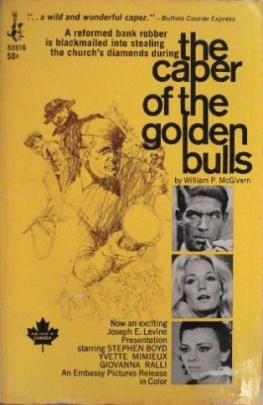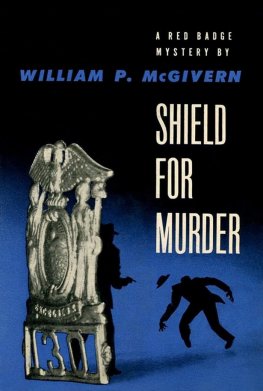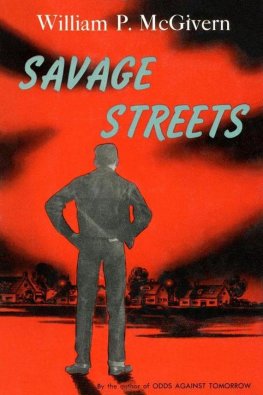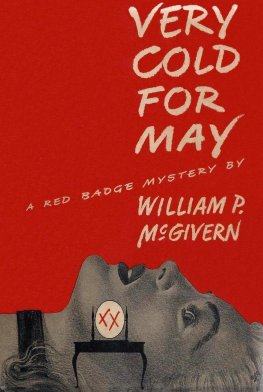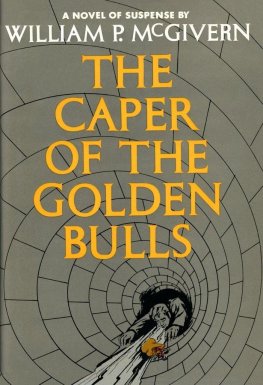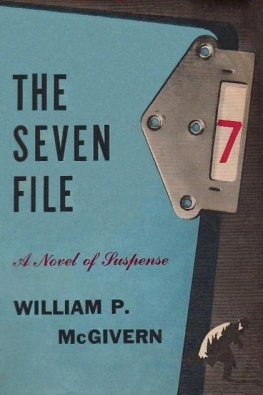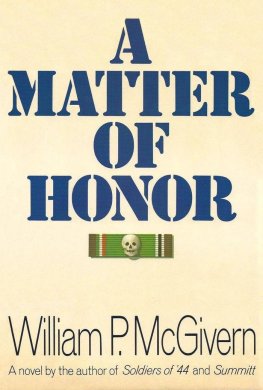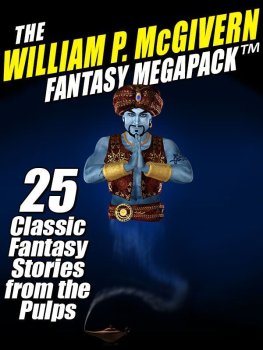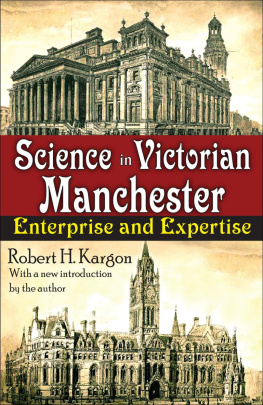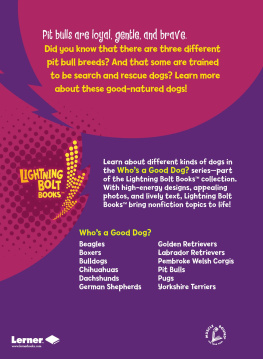William P. McGivern
CHAPTER TEN
Peter had anticipated everything but the intensity of the noise. He had imagined the look of barricaded streets, the press of the crowd, and, with ghastly clarity, the thrusting, seeking horns of the bulls.
But he hadn't imagined a clamour like the howling of a storm, limitless and infinite. Steadily and powerfully, the roaring of the crowd grew in volume, while beneath it, like the bass of a great orchestra, the pounding hooves of the bulls shook the earth.
The sound beat on him like flails, numbing and splintering his thoughts. There was a scream in his ears.
"I can't do it."
Francois crouched against the wall of the passageway and shook his head at Peter. The words seemed to have torn his mouth; it looked like a ragged hole punched into his straining features.
"You've got to!"
"No, no, no."
Peter struck him across the face.
"There are no free rides," he said. Then he hit him again, using the back of his hand this time, and the impact of the blow bloodied the Frenchman's lips and drove him to his knees. Peter hauled Francois up, unlatched the barricade, opened it and booted him into the street.
Francois screamed and ran. Peter leaped after him, the door of the barricade swinging shut with a crash that was lost in the crescendoing roar of the crowd.
The small plaza was like the eye of a storm, an uneasy vacuum surrounded by turbulence and noise. Every window overlooking it was packed with screaming faces. Every eye was turned to the street leading up from the river.
The suicideros were running now. Only a half-dozen still danced nervously about the plaza, eyes rolling back and sideways in their heads to watch for the bulls. Above the rhythmic chanting and bellowing the sound of hooves came on the air like a rumble of artillery fire.
The last of the runners were beautiful in their fear; there seemed a holiness in their terror, some sanctification of the spirit in this willing and ritualistic acceptance of dangers that no sane or prudent man would expose himself to; their smiles were straining and ghastly, but their eyes seemed brightened by the prospects of grace and honour.
Everyone was shouting. The first oxen came into sight, their splayed hooves slapping and banging and slipping on the cobblestones. Then the bulls appeared and all the runners fled from the plaza.
Peter ran as he might in a nightmare. The harder he tried, the less progress he seemed to make; the air was like a physical barrier against his heaving chest, so dense and heavy that it seemed to take all his strength to force his way through it. His feet thudded ponderously, as if they were encased in lead. The street narrowed as it angled into the Estefeta, and the screams of the crowd hammered at the walls of the buildings like a cyclone trapped in a wind tunnel. From balconies and windows, thousands of white, disembodied faces floated above Peter like dangerously inflated balloons. There were thin faces, fat faces, wide faces, and long faces, all with black holes in the middle of them that seemed to be twisting and writhing in agony. Peter's ribs were like red-hot bars caging his straining lungs. He had a horrid image of an ankle giving way, a pounding heel coming down solidly on an over-ripe banana peel.
A young man in a white shirt and a red handkerchief about his neck shot past Peter. He looked frantically over his shoulder, his dark eyes full of wild lights. Then he screamed in transports of exquisite terror, and bolted on up the street.
But Peter was not alone. To his left, coming on steadily and imperturbably, were the massive horns of the lead oxen. And behind them the bulls.
A hand gripped his shoulder.
"Are you trying to be killed?"
Don Miguel, the Sword of Malaga, ran evenly alongside Peter, keeping abreast of him with the light, skipping strides of a torero. The people on the balconies recognised the old man and screamed at him.
"Slow down," he said to Peter.
The bulls were going past them like a freight train. There was a reek of dung and sweat, spurts of dust, and the rattle and ring of their hooves on the paving stones. Peter saw the hairy nostrils and small dull eyes, lashing tails and a froth of sweat on thick pads of shoulder muscle.
"Let them go by. Slow down."
They stopped running. Peter put both hands to his heaving sides and watched the bulls pounding up the street with the oxen.
"Amigo, where did you come from?" Peter gulped down air and shook his head; he couldn't speak.
"I was watching for you. I waited until the last second. Where were you standing?"
"Across the plaza, near the barricades."
"It's funny I didn't see you. Listen, if you wait until the last, try to get behind the bulls. You can't trot along with them as if they were cows. It's very dangerous."
Men on the balcony began to shout at them.
Don Miguel looked away quickly. The lines in his tough old face seemed to sharpen; his eyes grew brighter. He said: "Stand very still, Peter."
A towering black and white bull was trotting back along the street. A newspaper blew under its nose. The bull chopped at it viciously. It sniffed the gutters and looked up at the shouting people in the balconies.
"Stand very quietly."
Peter didn't need the old torero's injunction; every joint in his body suddenly seemed to have acquired a thick, immobilising sheath of ice.
He prayed for the crowd to be silent; that was almost the worst of it, the hysterical sense-numbing noise.
The bull was twenty feet away when it noticed the two human targets standing motionless in the street. It raised its head to stare at them, and the movement caused a crest of muscle to rise steeply in its shoulders. Then it came forward in quick stops and starts, pawing delicately at the paving stones, feinting right and left with big, murderous horns, as if trying to determine whether these tall, post like objects could be frightened or startled into action.
"Very still now," Don Miguel said, without moving his lips.
The bull stopped five feet away, and sniffed the ground. They formed a tableau under the screaming crowds, the men, the animal, the noise itself, all linked together in a pattern so volatile that it seemed ready to explode at any instant of its own interior tensions. It was a foretaste of what must be the temporal texture of eternity, Peter thought with therapeutic irrelevance; seconds that were like years, minutes that were like centuries.
Someoneraised a first-floor window and flapped a bed sheet into the street.
The bull wheeled away from them and charged it.
Don Miguel pulled Peter along the street, then froze him with the pressure of his hand. The bull turned from the limp, unresisting, unsatisfactory sheet, and looked back at them.
"Stand very still."
Another sheet flapped temptingly from a window farther up the street.
The bull went for it at a hard gallop, ripped it free with one savage chop, and continued up the street with the big white sheet flapping and trailing beneath its churning hooves.
Don Miguel smiled at the cheering people in the balconies.
"It's like old times," he said and wiped his forehead. "Peter, you have a story to bore children with in years to come."
"What the devil are you doing here in Pamplona?"
"Let's go and drink some wine. It's not too early to start lying about the size of those horns."
"Answer my question."
Don Miguel shrugged apologetically. "Well, there's an old Spanish proverb that goes this way: It is better to eat dry bread in the sunlight, than to join a feast in darkness."

